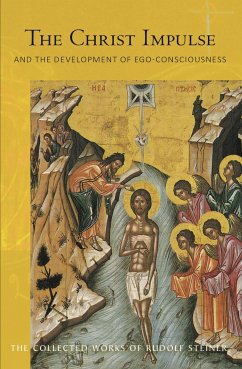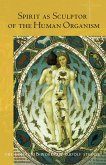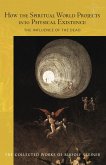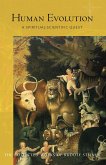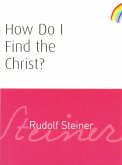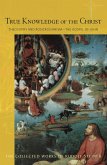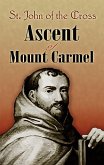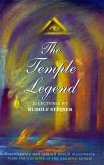Rudolf Steiner's teachings of Christ are unique. Christ, he says, is an objective universal force, existing independently of Christian churches and confessions, and working for the whole of humanity. The impulse that Christ brought to earth acts for the advancement of all people, irrespective of religion, creed or race. Among the myriad other themes that emerge here are the introduction of the 'I' (or self) in human development and its connection to Christ and the meaning of the Ten.
Dieser Download kann aus rechtlichen Gründen nur mit Rechnungsadresse in A, B, BG, CY, CZ, D, DK, EW, E, FIN, F, GR, H, IRL, I, LT, L, LR, M, NL, PL, P, R, S, SLO, SK ausgeliefert werden.

